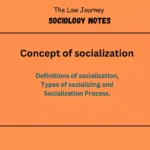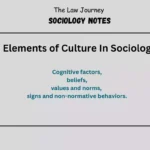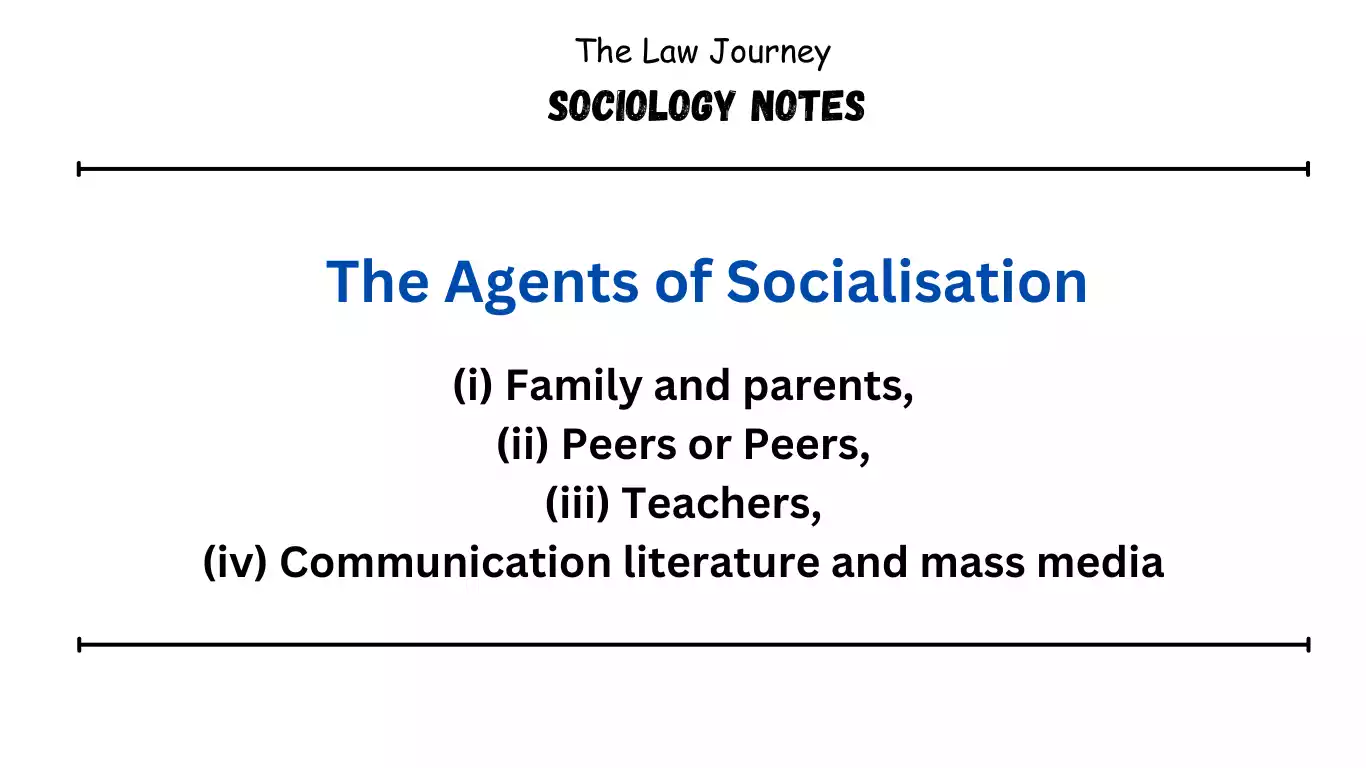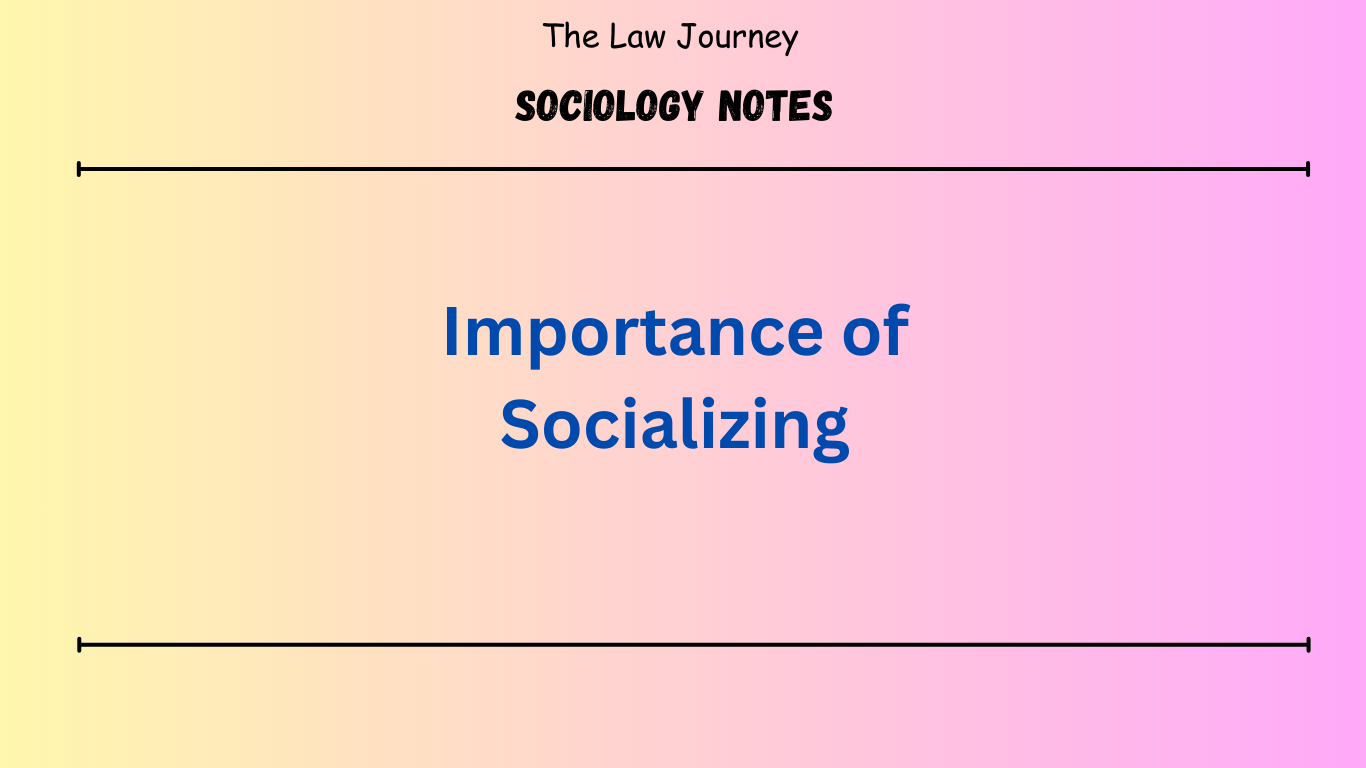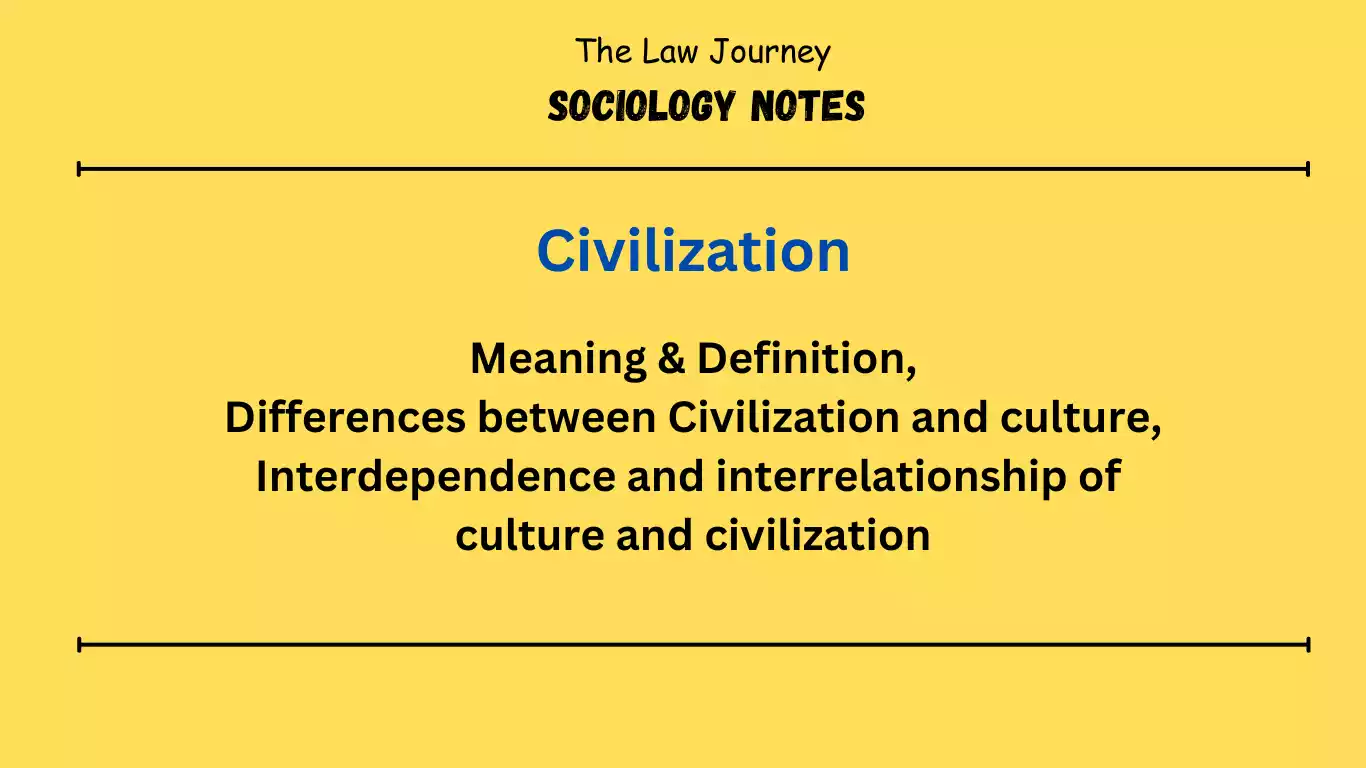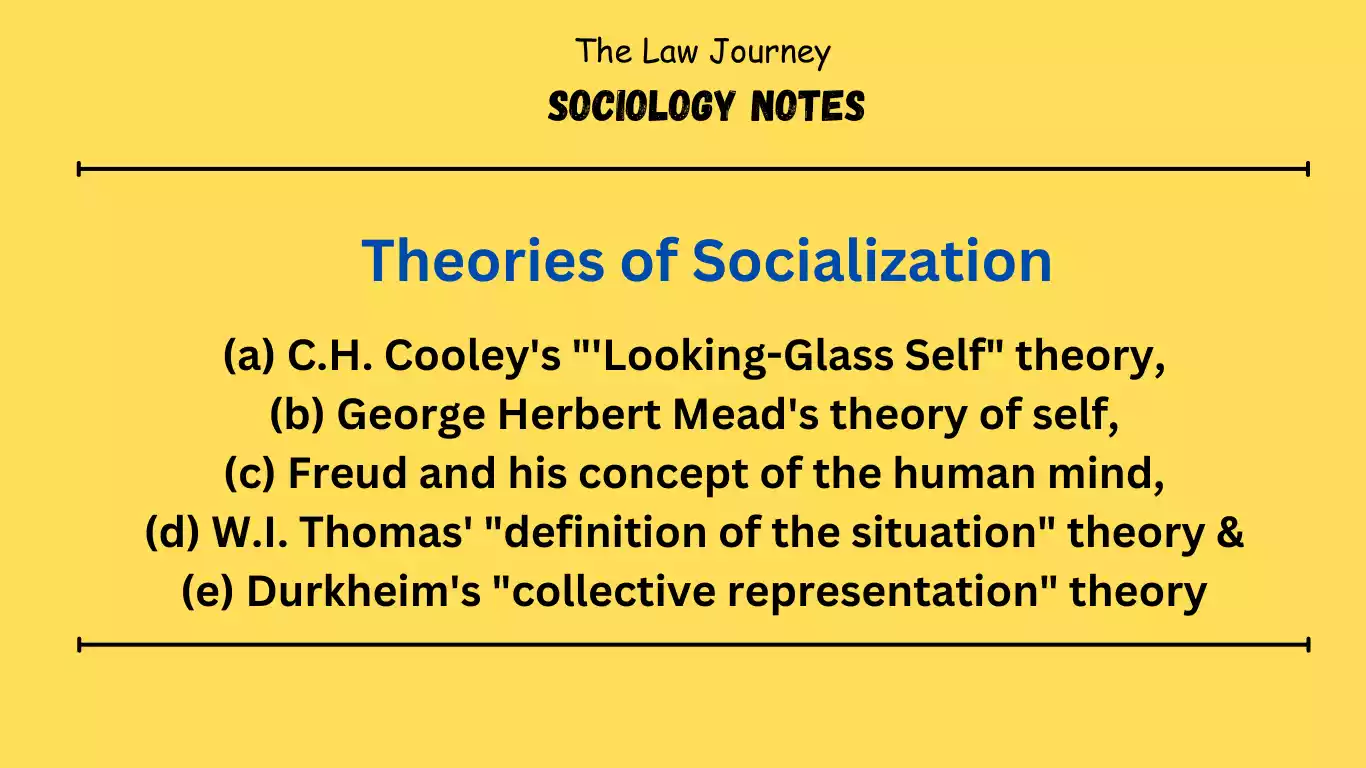The Agents of Socialisation – Personalities is not born from the beginning. They are formed or shaped through the process of socialization. The socialization process is effective not only during childhood but throughout life. It begins at birth and continues until the individual dies. It’s a never-ending process. From a social perspective, children are evaluated more by “what they will become in the future” than by what they will become. Socialization helps children become useful members of society. It gives him social maturity. It is therefore no surprise that children’s socialization was not left to chance. Rather, it was given an institutional framework and was managed through institutional channels.
The following are the agencies that have been established by culture which socialise the new born child.
(i) Family and parents ( The Agents of Socialisation)
The process of socialization begins for each of us in the family. Parents, especially mothers, have a huge influence on their children. The close relationship between mother and child has a great influence on the development of children’s abilities and skills. Parents are the first to introduce their children to their group’s culture. Children receive additional communication from older siblings, or siblings, who have undergone the same process, although there are differences based on birth order, number of siblings, and gender.
(ii) Peers or Peers
A “peer group” is a group consisting of a child’s contemporaries, friends at school, on the playground, on the street. He learns from these children facts and aspects of culture that they previously learned from their parents at different times. Cultural acquisition continues because peer group members have other sources of information about culture, namely colleagues from other peer groups.
Of course, over time, peer groups outweigh parent and family groups in importance. Indeed, during a child’s adolescence, peer culture'' becomes more important and effective thanparental culture.” Peer advice, whether passed overtly or covertly, sets the standard for nearly every aspect of behavior. However, you should not think that the socialization process is complete once you become a teenager. On the other hand, this is also the time when peer pressure is at its highest.
(iii) Teachers
Teachers also play a role in the socialization of children when they start school. Schools are places where culture is formally transmitted and acquired, where one generation’s knowledge and learning, science and art are passed on to the next. There, not only formal knowledge about the culture is transmitted, but also most of its prerequisites: its ethical sentiments, political attitudes, customs, taboos. Children in previous schools may uncritically accept the culture expressed by their teachers. In high school, they may react with increasing skepticism. But wherever they are, whatever their age, the communication they receive from their teachers will help socialize them and eventually make them mature members of society.
(iv) Communication literature and mass media
There is another source of socialization, which, of course, can be found only in an educated society – literature. Our shared civilization is made up of language and literature. “Words wash over us like streams and waterfalls. They jump at our eyes like billboards, newspapers, magazines and textbooks. They attack our ears like radio and television. The medium of mass communication conveys messages to us.
These messages contain our culture, its attitudes, and ideological assumptions in capsule form. Words are always written by someone, and people such as authors, editors, and advertisers also participate in the interaction process with teachers, classmates, and parents.
Of course, in individual cases some of these effects are more important than others. The answer may also be different. “Some of us respect tradition, others fear the opinions of our colleagues, and some prefer to listen to the ‘thousand tongues’ of conscience.” But All three types of socialization lead to some degree of conformity, which is why all three types are like this. It contributes to the transmission of a culture by some people and the acquisition of that culture by others.
Who socializes the child? It’s a question that can be answered in other ways. Kingsley Davis states that there are two categories of people from whom children acquire their culture’s feelings, beliefs, and knowledge. The former includes those who have authority over him. A person who has authority over a child is usually older than the child and demands obedience. they are parents. Of course, socialization must proceed from those who have more culture to those who have less, and from adults to immature people. Parents play an important role at this stage, as infants have no subordinates and are unable to interact with like-minded people.
The second category includes people who are his equals. Children and equivalents, whether related or not, are usually the same age. Children maintain equal relationships with peers, same-sex, and like-minded people. Through peers, one learns some of the more informed aspects of culture, such as folk customs, manners, styles, nuances of meaning, fads, fads, fads, customs, secret forms of gratification, and forbidden knowledge. . Some of these are often considered socially taboo, even though they are socially necessary. For example: Knowledge about sexual relationships.
Related Post | The Agents of Socialisation
- Legal History Notes
- moot court memorial maker
- Concept of Social Groups in Sociology
- RTI notes
- Political Notes
- Law of Torts notes
- law project maker
Reference Books | The Agents of Socialisation
- Sociological Theory by George Ritzer
- Handbook of Indian Sociology by Veena Das
- Social Change in Modern India by M N Srinivas
- C.N. Shankar Rao – Principle of sociology with an introduction to social thoughts
- Introduction to Sociology by Anthony Giddens
- A Dictionary of Sociology by John Scott













